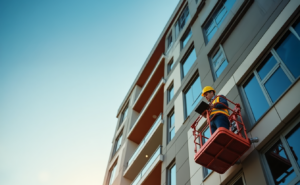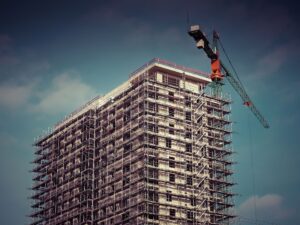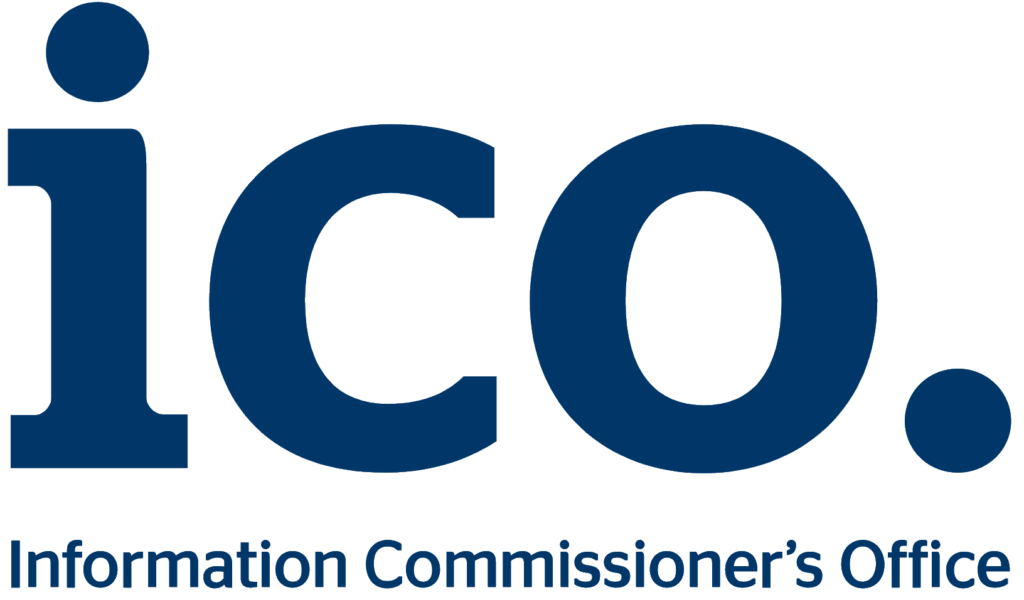As Block Management experts, we at Strangford Management have seen many clients who have been confused about leasehold properties and the terms within their leases and what happens when your lease expires. In the UK, the vast majority of flats and apartments are sold on a leasehold basis, which means that the owners have a lease to occupy a property for a certain number of years. However, when the lease expires, what happens to the property? In this article, we will explain the leasehold dilemma and what you can do.
Understanding Leasehold – What It Means and How It Works
A leasehold property is one where the owner (leaseholder) only owns the right to use the property for a limited period of time. The lease is a legal contract between the owner and the freeholder, who owns the land on which the property is built. The lease sets out the terms and conditions of the owner’s right to use the property, including the length of the lease, any ground rent payable, and any service charges or other fees.
When you buy a leasehold property, you are essentially buying the right to occupy the property for the length of the lease. This means that you are responsible for maintaining the property and paying any ground rents or service charges associated with it. However, you do not own the land on which the property is built, and when the lease expires, you must return the property to the freeholder.
The Leasehold Dilemma – What Happens When Your Lease Expires?
The leasehold dilemma arises when the lease on a property is about to expire, and the owner is faced with the prospect of losing their home. When the lease expires, the lease reverts to the freeholder who has the right to take back the property.
The Consequences of a Lease Expiry
When a lease expires, the freeholder has the right to take back the property. This means that the owner will have to vacate the property and find somewhere else to live. In addition, the owner will not receive any compensation for any improvements or renovations they have made to the property, as these will now belong to the freeholder.
Extending Your Lease – Why and How to Do It
If you own a leasehold property, it is important to consider extending the lease before it expires. Extending the lease will give you the right to use the property for a longer period of time, and may also increase the value of the property. It is also worth noting that mortgage lenders may be hesitant to lend on properties with short leases, so extending the lease may make it easier to sell or remortgage the property in the future.
To extend your lease, you will need to negotiate with the freeholder or their agent. The process can be complex, and it is advisable to seek the advice of a specialist solicitor or surveyor. The cost of extending the lease will depend on a number of factors, such as the length of the remaining lease, the value of the property, and the ground rent payable.
The Leasehold Enfranchisement Process – How to Buy Your Freehold
Another option for leasehold property owners is to buy the freehold of the property. This process is known as leasehold enfranchisement and involves purchasing the freehold from the current freeholder. Buying the freehold will give you ownership of the land on which the property is built, as well as the right to use the property for an unlimited period of time.
The process of enfranchisement can be complex, and it is important to seek the advice of a specialist solicitor or surveyor. The cost of enfranchisement will depend on a number of factors, such as the value of the property and the length of the remaining lease.
The Costs Involved in Extending Your Lease or Buying Your Freehold
Extending a lease or buying the freehold can be expensive, and it is important to be aware of the costs involved. The cost of extending a lease will depend on a number of factors, such as the length of the remaining lease, the value of the property, and the ground rent payable. The cost of enfranchisement will depend on the value of the property, the length of the remaining lease, and other factors such as the cost of any legal fees or valuation fees.
Legal Considerations When Dealing with Leasehold Properties
When dealing with leasehold properties, there are a number of legal considerations to bear in mind. For example, there may be restrictions on what you can do with the property, such as making alterations or subletting. It is important to review the terms of the lease carefully and seek legal advice if you are unsure of your rights and obligations.
Leasehold vs Freehold – Which is Better?
Leasehold and freehold properties both have their advantages and disadvantages. Leasehold properties are often cheaper to buy, but you are limited in terms of how long you can use the property. Freehold properties are more expensive, but you have complete ownership of the property and the land on which it is built.
When deciding whether to buy a leasehold or freehold property, it is important to consider your personal circumstances and your long-term plans for the property. If you are planning to stay in the property for a long time, it may be worth considering buying the freehold or extending the lease.
In Conclusion – What You Need to Know Before Buying a Leasehold Property
In conclusion, leasehold properties can be a good option for those looking to buy a property at a lower cost. However, it is important to be aware of the potential risks and costs involved, particularly when it comes to the expiry of the lease. If you are considering buying a leasehold property, it is important to seek the advice of a specialist solicitor or surveyor, and to carefully review the terms of the lease before making a decision.
Read more…
- EWS1 Form Explained: Hidden Requirements Your Surveyor Won’t Tell You
- NHBC Cover Explained: Your Essential Guide for Leaseholders (2025)
- Ministers Set £30bn Cladding Crisis Deadline for 2029
- Service Charge Disputes Made Simple: Your Rights as a Leaseholder
- Breaking: Leasehold Reform Scraps Two-Year Wait Rule From January 2025




